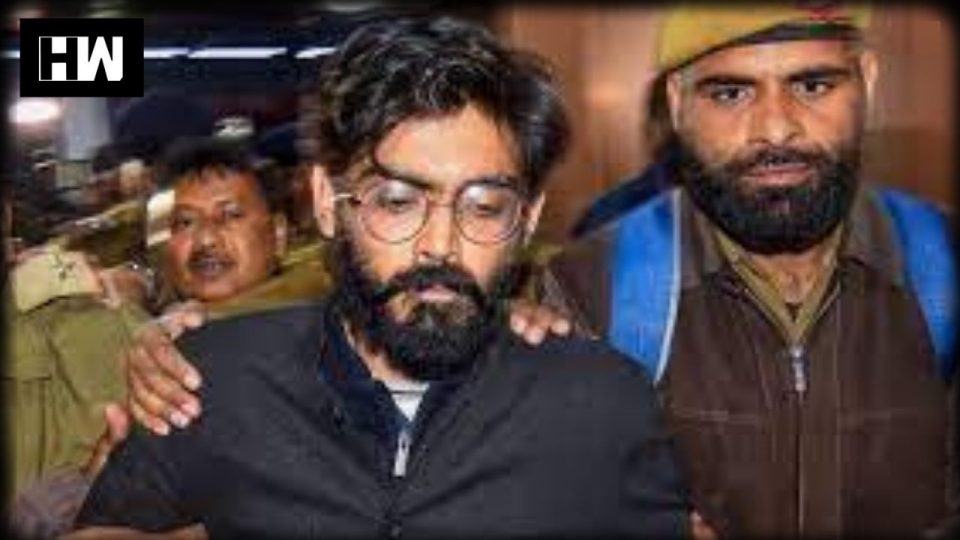New Delhi: Jawaharla Nehru University Student and activist Sharjeel Imam’s bail plea was rejected by the a Delhi Court today.
The Delhi Court quoted Swami Vivekanand while rejecting the plea, “We are what our thoughts have made us; so take care about what you think; Words are secondary; Thoughts live; they travel far.”
The Court dismissed Imam’s bail plea in a case related to alleged inflammatory and instigating speeches during the protests against the Citizenship Amendment Act (CAA) and National Register of Citizens (NRC).
Delhi’s Saket Court Additional Sessions Judge Anuj Aggarwal while dismissing the bail observed that “a cursory and plain reading of the speech dated December 13, 2019, reveals that same is clearly on communal/divisive lines.
In my view, the tone and tenor of the incendiary speech tend to have a debilitating effect upon public tranquillity, peace and harmony of the society.”
“Considering the contents of speech which tend to have a debilitating effect on the communal peace and harmony, I am not inclined to grant bail to the applicant/accused Sharjeel Imam at this stage. The accused cannot claim any parity with co-accused as his role is entirely different from other co-accused. Accordingly, the instant application moved on behalf of accused Sharjeel Imam for grant of regular bail stands dismissed,” ASJ Anuj Aggarwal said.
However, the Court also said in view of the settled position of law, the issue of whether the said speech would fall within the ambit of section 124A (Sedition) Indian Penal Code or not, requires a deeper analysis at an appropriate stage.
After taking note of the submission of both sides, the Court also observed that “the fundamental right of ‘freedom of speech and expression’ as enshrined under Article 19 has been placed upon a very high pedestal in the constitution of this country and its essence is well captured in statement of John Milton, the Famous British Poet and Intellect who says “give me the liberty to know, to argue freely, and to utter according to conscience, above all liberties.”
However, the very same constitution places, reasonable restriction upon the exercise of said right inter alia on the grounds of public order and incitement to offence. That apart, Article 51A(e) of the Constitution also casts a fundamental duty upon citizens of this country to promote harmony and spread common brotherhood amongst all the people of India, transcending religious, linguistic and regional or sectional diversities. Therefore, it is no gainsaying that the fundamental right of ‘freedom of speech and expression’ cannot be exercised at the cost of communal peace and harmony of the society, the court said.
As an independent media platform, we do not take advertisements from governments and corporate houses. It is you, our readers, who have supported us on our journey to do honest and unbiased journalism. Please contribute, so that we can continue to do the same in future.

